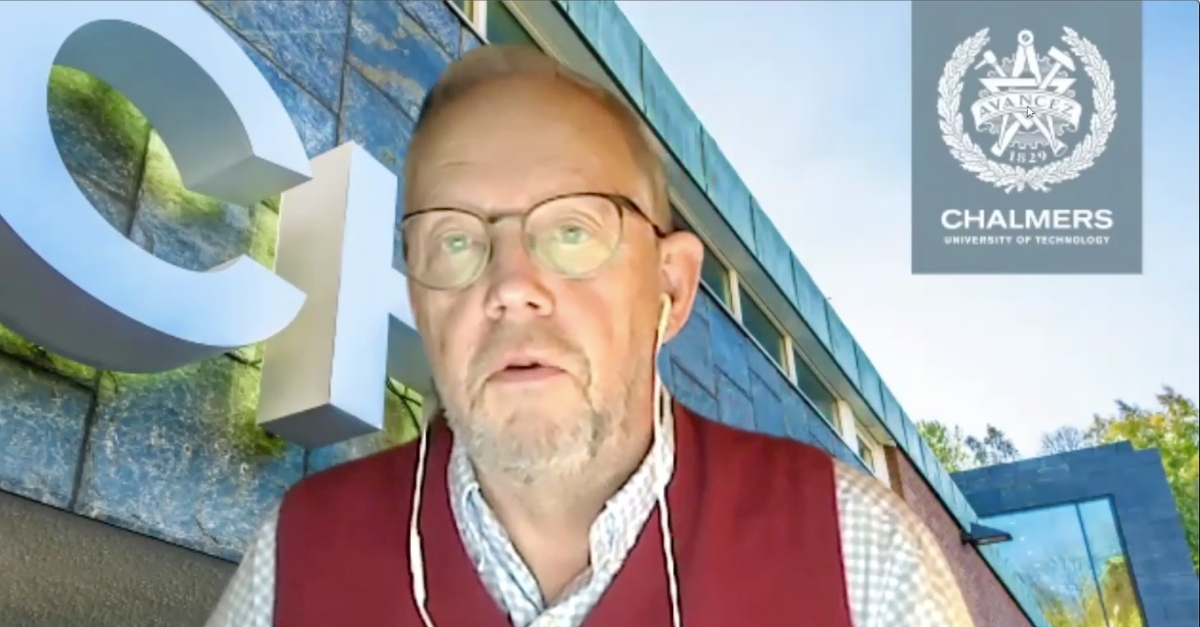Prehospital healthcare – an important part of future health care
Last year, at the FLISA congress, Professor Bengt Arne Sjöqvist presented how to develop prehospital care into a collaborative mobile healthcare model.
When FLISA, the Association for Swedish Ambulance Care, held its congress in Stockholm last year (2021), Bengt Arne Sjöqvist, Professor of Practice Emeritus in the research group Medical Signals and Systems at Chalmers University of Technology in Gothenburg, presented parts of his research. The research is mainly focused on eHealth / Digital Health and combining biomedical technology, telecommunications, and IT with prehospital applications.
We from Dedalus were there and asked three questions that are not at all easy to answer:
What is prehospital care and how will it evolve in the future?
“In a feasibility study we participated in a few years ago, we asked ourselves this question. We saw that there are major challenges based on a general increase in healthcare needs. Add to that the fact that the health service wants to run more of its activities at home while at the same time offering more centralised specialised care – we saw this as something of a contradiction in terms. We also saw that digitalisation is driving developments in general and in summary we realised that what we today call prehospital care will be an important part of the healthcare landscape.”
“It is a big challenge that lies with prehospital care in particular. One conclusion we came to was that there are many different actors involved in prehospital care, or rather mobile care, that need to work together – collaborative mobile care.”
“If collaborative mobile care is to work, the need to be able to share information and be supported in their decisions is becoming increasingly important. Then we need to digitise – if we can’t support the new ways of working with well-functioning digitisation and collaboration in digitisation between different providers and others, it will be difficult to make the transition. More e-health needs to be developed.”
What do you see as the obstacles to getting there?
“It’s a good question that doesn’t have a short and simple answer. But what strikes me is that the adoption and exploitation of the possibilities of technology is terribly slow. Several of the projects I have studied or been involved in in eHealth over perhaps 35 years have shown that it is not the technology that is failing, nor the medical needs or benefits that can be achieved. It’s something else!”
Would you like to know more?
What is needed to go further with collaborative mobile healthcare?
“For example, we need coordination with standardised protocols and open interfaces that allow different systems to work together. But also that people are prepared to make changes in their working methods and processes to achieve the full benefits of the new tools. Many times I have seen good projects that unfortunately remain just projects because it is difficult to take them to operational implementation and use. In addition, dissemination across the country is a problem – good solutions often stay local.”
See key parts of Professor Bengt Arne Sjöqvist’s speech at the FLISA Congress 2021
